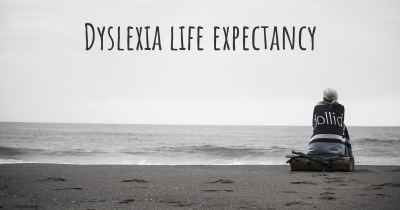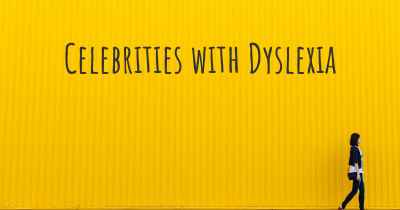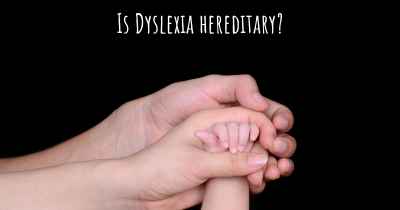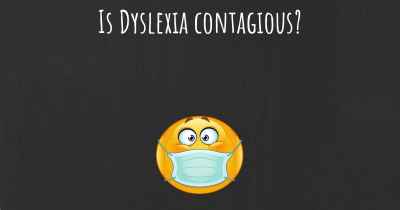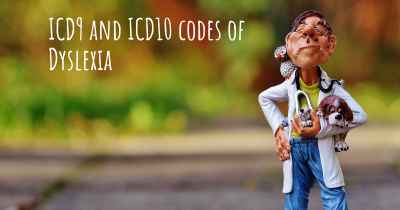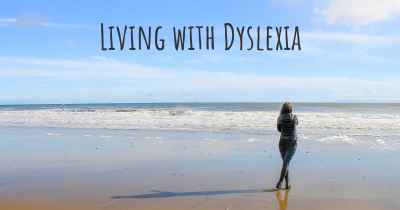How do I know if I have Dyslexia?
What signs or symptoms may make you suspect you may have Dyslexia. People who have experience in Dyslexia offer advice of what things may make you suspicious and which doctor you should go to to receive treatment

Dyslexia is a learning disorder that affects a person's ability to read, write, and spell. It is important to note that only a qualified professional, such as a psychologist or an educational specialist, can diagnose dyslexia. However, there are several signs and symptoms that may indicate the presence of dyslexia. If you experience some or most of these signs, it is recommended to seek professional evaluation:
1. Reading difficulties: Dyslexia often manifests as persistent difficulties in reading accurately and fluently. Individuals with dyslexia may struggle with decoding words, recognizing sight words, and comprehending written text.
2. Spelling and writing challenges: People with dyslexia often have trouble spelling words correctly and may make frequent spelling errors. They may also struggle with organizing their thoughts and expressing them in writing.
3. Slow reading and writing: Dyslexia can cause individuals to read and write at a slower pace compared to their peers. They may require more time to complete reading assignments or written tasks.
4. Difficulty with phonological awareness: Phonological awareness refers to the ability to identify and manipulate the sounds in spoken language. Individuals with dyslexia may have difficulty recognizing and working with the sounds of language, which can impact their reading and spelling abilities.
5. Poor working memory: Dyslexia is often associated with challenges in working memory, which can affect an individual's ability to remember and process information.
6. Family history: Dyslexia tends to run in families, so if you have close relatives who have been diagnosed with dyslexia, it increases the likelihood of having the condition.
7. Frustration and avoidance: Individuals with dyslexia may experience frustration, anxiety, or low self-esteem related to their difficulties with reading and writing. They may try to avoid activities that involve reading or writing.
If you identify with several of these signs, it is crucial to consult with a professional for a comprehensive assessment. A qualified specialist can administer specific tests and evaluations to determine whether dyslexia is present. Remember, early identification and appropriate support can significantly improve the learning experience and outcomes for individuals with dyslexia.
